Demei's View - Wine Communication from a Chinese Winemaker
In the bottleneck—on the development of the sommelier profession in China Everyone was surprised when hearing the results to the preliminary contest of the sixth ‘China’s Best Sommelier Competition of French Wine’; all the top six contestants were from Shanghai! The six qualified contestants then went on to compete in the finals, which took place on the 5th June.
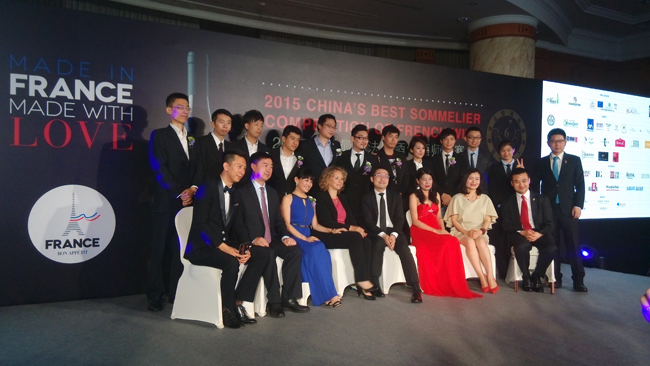
The preliminary was consisted of two parts—written exam on French wines, and blind tastings of a red and a white French wines. The participants were allowed to take part in the competition in one of the three cities—Beijing, Shanghai and Guangzhou, so it’s easier for them to train and get prepared in their home cities. Those who are not based in these three cities can choose any one of them to join the preliminary.
Among all participants this year, 45 are from Shanghai, 41 are from Beijing and 32 are from Guangzhou. The number has barely changed compared to the previous competitions. However, though by both number and skills, Shanghai sommeliers usually have a better edge in winning the top three in the finals, it was still surprising that all winners of the preliminary were from Shanghai this year.
Sommelier is an important profession in the wine business. They’re especially influential in promoting wine sales. Because of that, they are frequently invited to take part in tastings and chateau/wine region visits. Sommelier, following winemaker, has become another favoured career among young professionals.
A decade ago, a winemaker would get a big round of cheers at the dinner table when he/she was introduced to the guests. Due to the big wine boom, a considerable number of Chinese young people were learning to become a winemaker. A few years later, when they actually started their career, many of them got cold-feet because of the unprepared-for hard work.
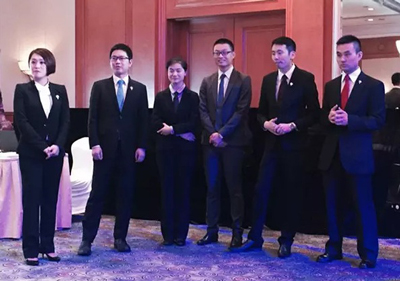
Now sommelier has become the new dreamed-for profession among the youngsters—especially when the job includes dressing up smart and work in the most luxurious and modern venues in big cities.
Indeed, sommelier has become a hot word in the Chinese wine circles and the whole food and drink business. Consumers often require a demonstration of the ‘wine-serving process’ in the restaurant, even though they have only ordered a bottle of young and relatively inexpensive wine. In fact, the ritual was more than often pointless, because the next second they would ‘Gan Bei (bottoms-up)’ with the wine.
Sommeliers and how wine is served have become part of a ‘ceremony’. A few days ago, a renowned sommelier hosted a tasting in China. The feedback I heard, however, was more about the appearance and tone—‘he’s not taking this serious enough—look, he didn’t even wear a tie!’—rather than how well he led the talk and what he said about the wines.
In an upcoming wine market, especially one that’s still at a preliminary stage of development, formality was usually given more importance than what’s necessary.
A few years ago, I visited a small city in central Italy, and dined with a few local friends. The waiter (not sure if we should call him a sommelier or a waiter, as this is a fairly good restaurant) casually opened and served the bottles without the ‘rituals’ I expected. Looking at the ragged cuts of the bottle cap, I raised my doubts to others at the table, who seemed to be very relaxed about it—‘as long as we can still drink it and have a good time.’ So here comes the question, what exactly is the role of sommeliers?
I have never been trained as a sommelier. Based on my shallow understanding, I would assume that a sommelier should have the basic knowledge on beverages, good judgments on the quality of wines, the ability to create wine lists that match the food, and the trained skills to accurately serve drinks at the table. The senior sommeliers are familiar with the buying and sales of beverages, and are responsible for managing the cellar and training the service staff about the drinks.
Those who work as a sommelier possibly have all watched the Japanese movies that have shed the limelight on the profession. In these movies, sommeliers are pictured as considerate, omniscient and well-dressed ‘super heroes’. The blind tasting scenes seemed especially tempting to the young people—blind tasting competitions were even organised in China to meet that need. Indeed blind tasting skills are very important to sommeliers; however, the ability to taste and serve known wines properly should possibly be the top priority.
How can you hone your blind tastings skills without rich tasting experience? Blind tastings should not be the way for sommeliers to show off. Sommeliers are, after all, a part of the service industry. They are experiencing all the hardships just like everybody else in the service business—even more so in areas with fast-paced economic development.
What is the fundamental purpose of having sommeliers anyway? If we were to make it sound better, I’d say that they are there to offer a better beverage service to consumers; but frankly, they are there to improve the sales. And what’s wrong with that? Restaurants have got to make profits.
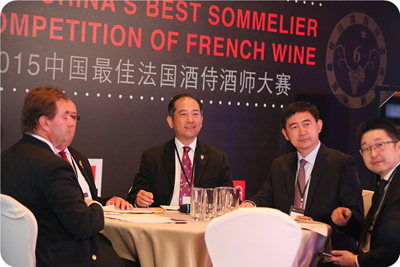
Last year at ProWine Shanghai, I took part in a forum about sommeliers. One of the guest speakers said that the purpose of sommeliers’ work is to improve sales. His opinion was strongly opposed by a member of the audience, who was said to be a ‘super wine enthusiast’, and apparently had spent a fortune on wine.
Certainly, true sommeliers need to utilise their honest professional knowledge and service to realise the sales.
A few years ago, during a visit to a renowned French region, I ordered two local wines for my friends in a restaurant, which claimed to have over 3,000 entries on its wine list.
We were told that these wines had been sold out, and the sommelier started to preach about big name wines from other wine regions in the world—naturally their prices were also world-top. As we strongly protested for the treatment, the restaurant manager eventually had to fetch the wines for us from a cellar faraway (apparently it was a really big restaurant!).
By being professionally handled by sommeliers, wines can be presented in their most beautiful state to the tasters, which can largely improve the tasters’ impressions on the wine.
At the beginning of May, I attended a Californian wine summit, where the wines were prepared by a team lead by Geoff Kruth and Matt Stamp themselves.
The state of the wines was perfect for both the tasting and the dinner, where wines were served to match the food. The accurate service, more than the wines, impressed me the most during the trip.
At the end of the sommelier competition, there was little surprise that three contestants, all from Shanghai, scored the Champion, 1st and 2nd runner up. At the awards dinner, one of the guests suggested that in order to further develop the sommelier profession in China, we need an official organisation. We have the China Alcoholic Drinks Association (CADA), shouldn’t we also establish a sommelier association?
There was other good news, too; sommelier is now officially recognised as a profession in China, with the job descriptions listed in the National Professional Standards . Now sommelier as a profession is awaiting a new round of development in China.
Translated by Sylvia Wu / 吴嘉溦
All rights reserved by Future plc. No part of this publication may be reproduced, distributed or transmitted in any form or by any means without the prior written permission of Decanter.
Only Official Media Partners (see About us) of DecanterChina.com may republish part of the content from the site without prior permission under strict Terms & Conditions. Contact china@decanter.com to learn about how to become an Official Media Partner of DecanterChina.com.

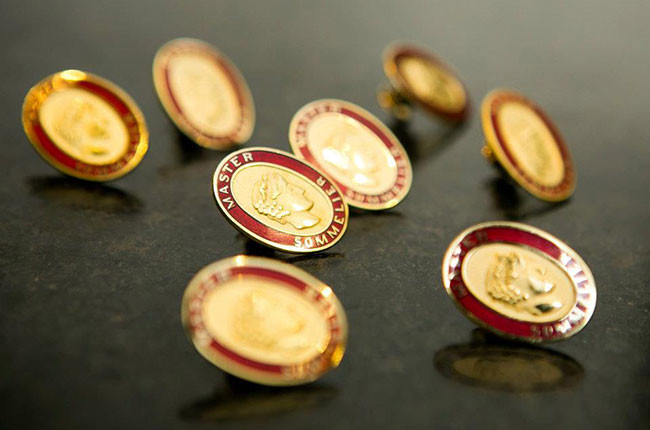

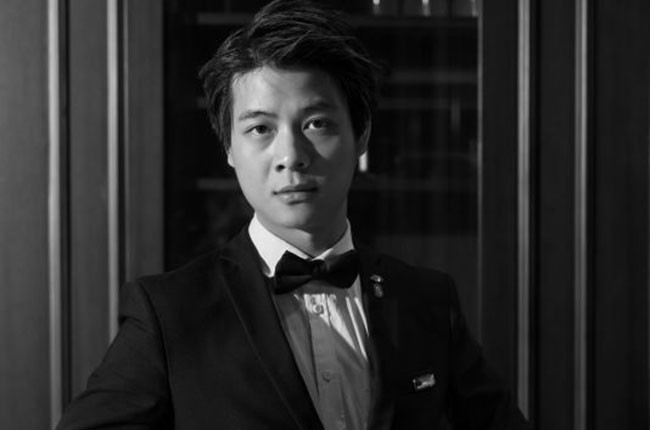
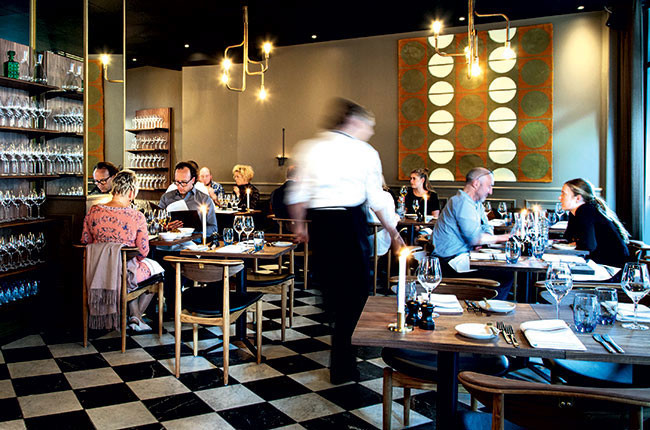
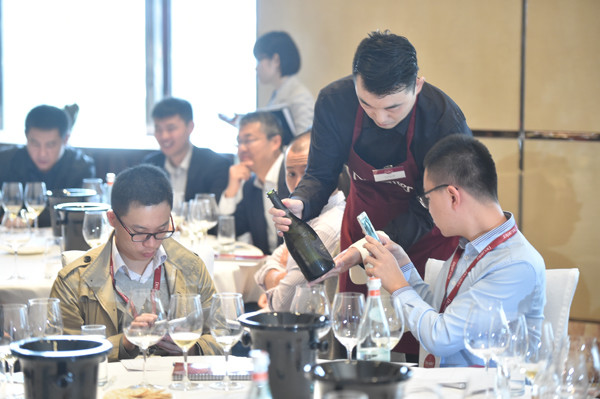
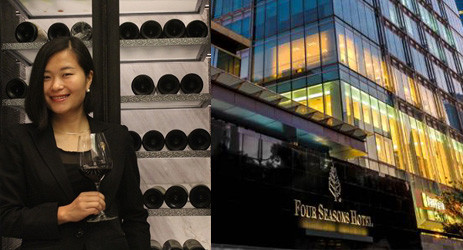

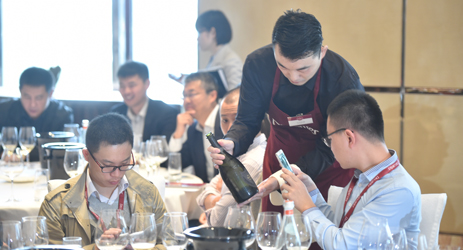
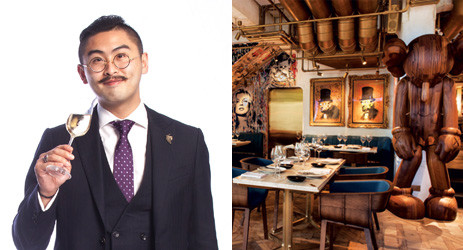

Comments
Submit